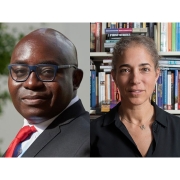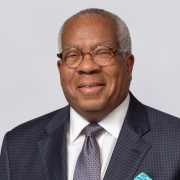Penn Researchers Create Artificial Chemical Sensor Using Graphene

Researchers from the University of Pennsylvania have led an effort to create an artificial chemical sensor based on one of the human body’s most important receptors, the mu-opioid, which is critical in the action of painkillers and anesthetics.
When receptors and host cells bind, the receptors tell their host cells to produce nerve impulses, regulate metabolism, defend the body against invaders, or myriad other actions depending on the cell, receptor, and chemical type. In these artificial chemical sensor devices, the receptors’ activation produces an electrical response rather than a biochemical one, allowing that response to be read out by a computer.
By attaching a modified version of this mu-opioid receptor to strips of graphene, they have shown a way to mass produce devices that could be useful in drug development and a variety of diagnostic tests. And because the mu-opioid receptor belongs to the most common class of such chemical sensors, the findings suggest that the same technique could be applied to detect a wide range of biologically relevant chemicals.
The study, published in the journal Nano Letters, was led by Professor of Physics and Astronomy and Undergraduate Chair A.T. Charlie Johnson, director of Penn’s Nano/Bio Interface Center; Renyu Liu, an assistant professor of anesthesiology in Penn’s Perelman School of Medicine; and Mitchell Lerner, then a graduate student in Johnson’s lab. It was made possible through collaboration with Associate Professor of Chemistry Jeffery Saven. The Penn team also worked with researchers from the Seoul National University in South Korea.
The research was supported by the National Science Foundation, National Institutes of Health, Foundation for Anesthesia Education and Research, Mary Elizabeth Groff Foundation, and the Department of Anesthesiology at the Perelman School of Medicine.





